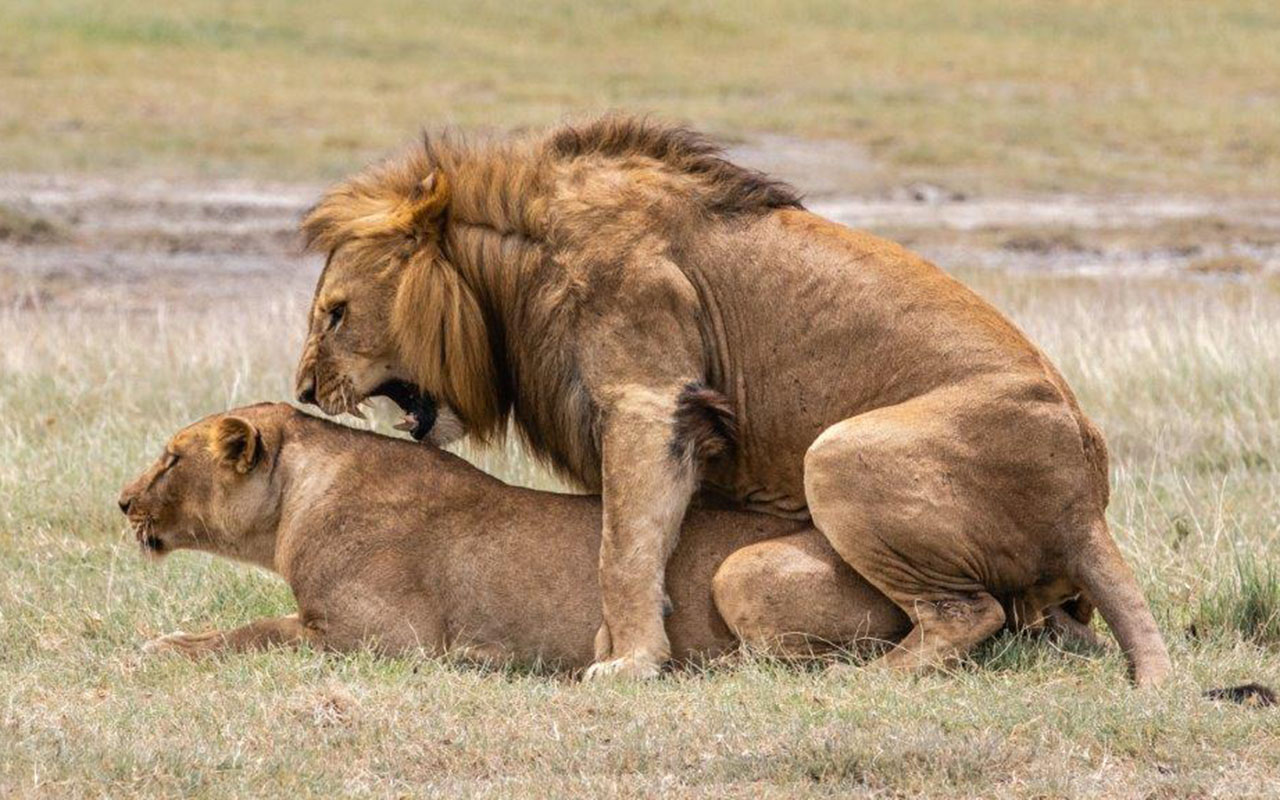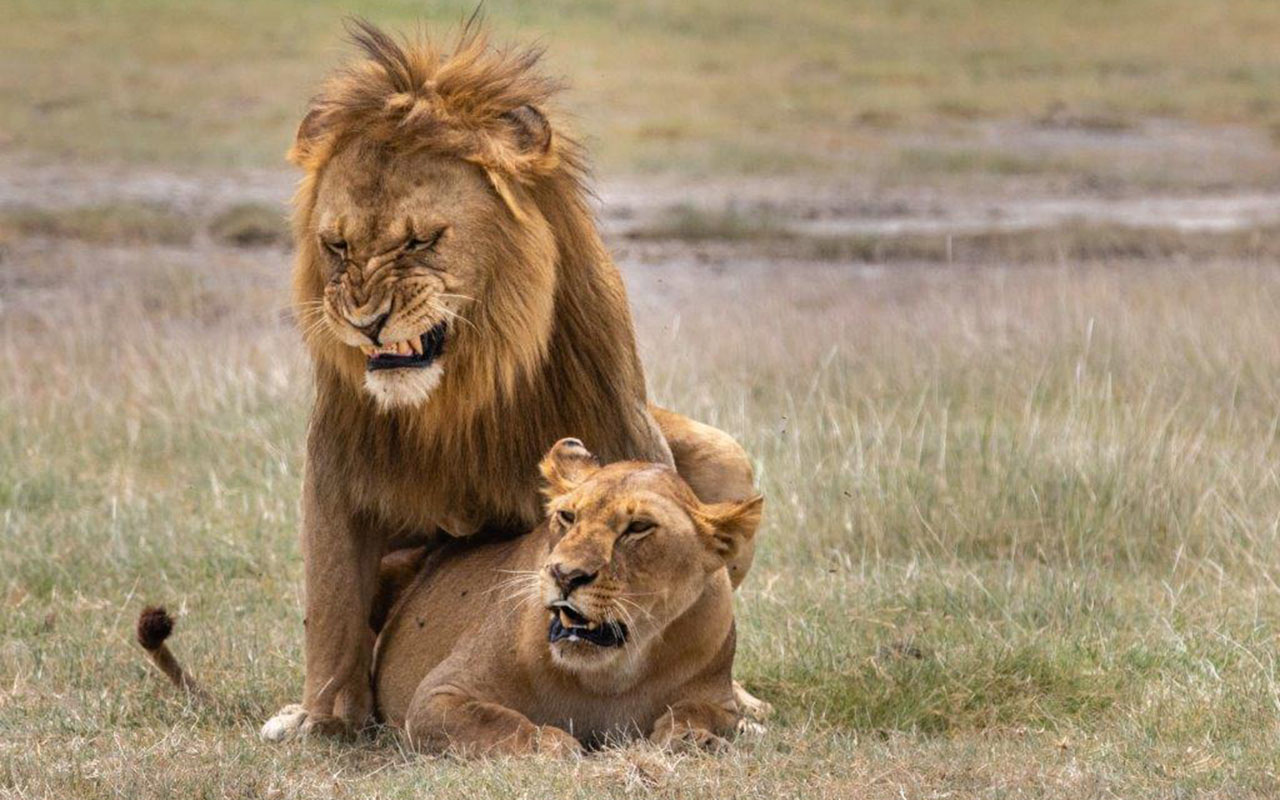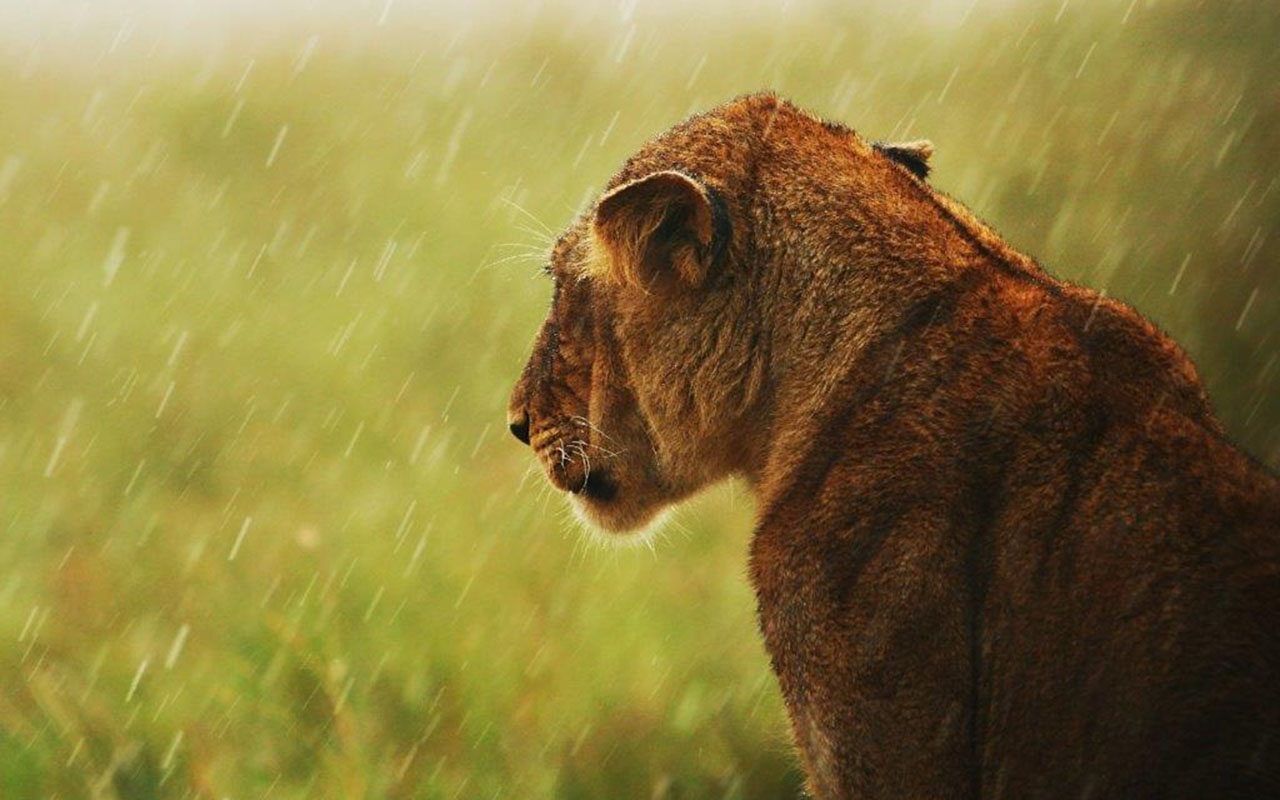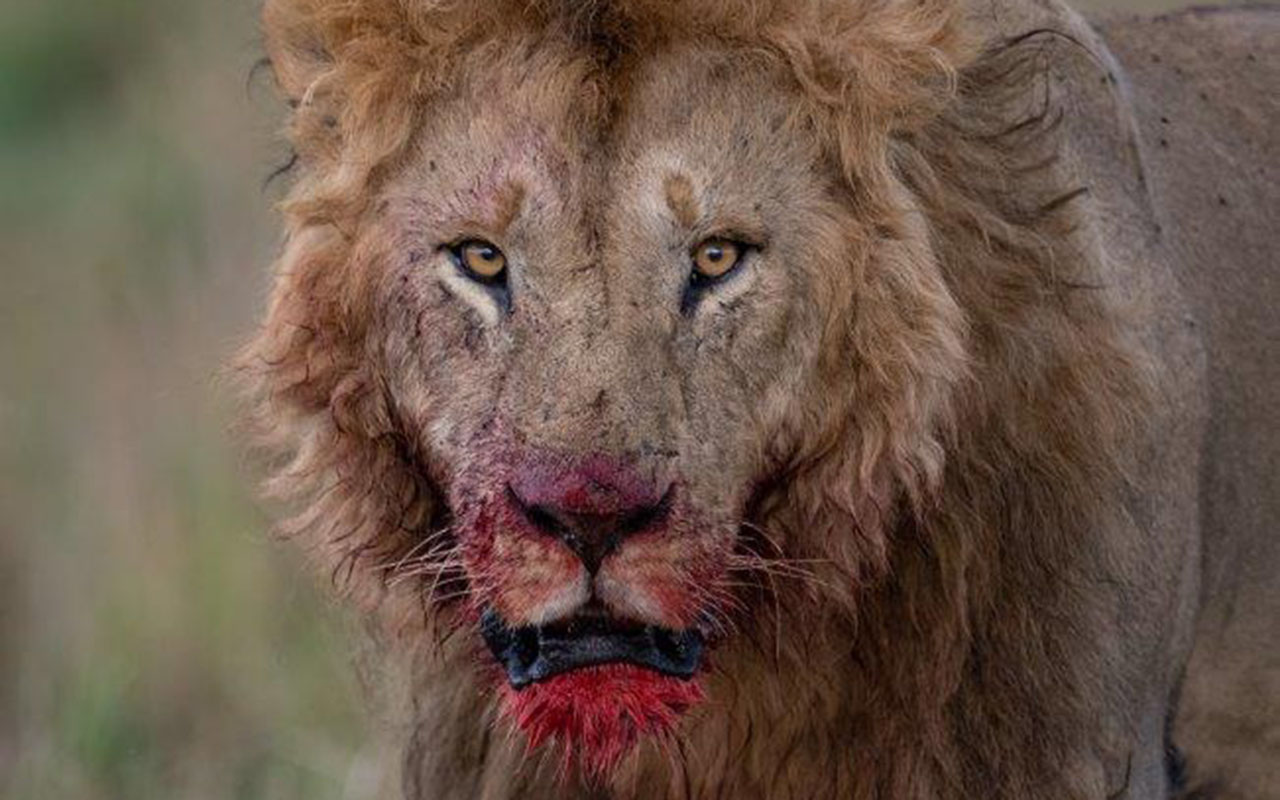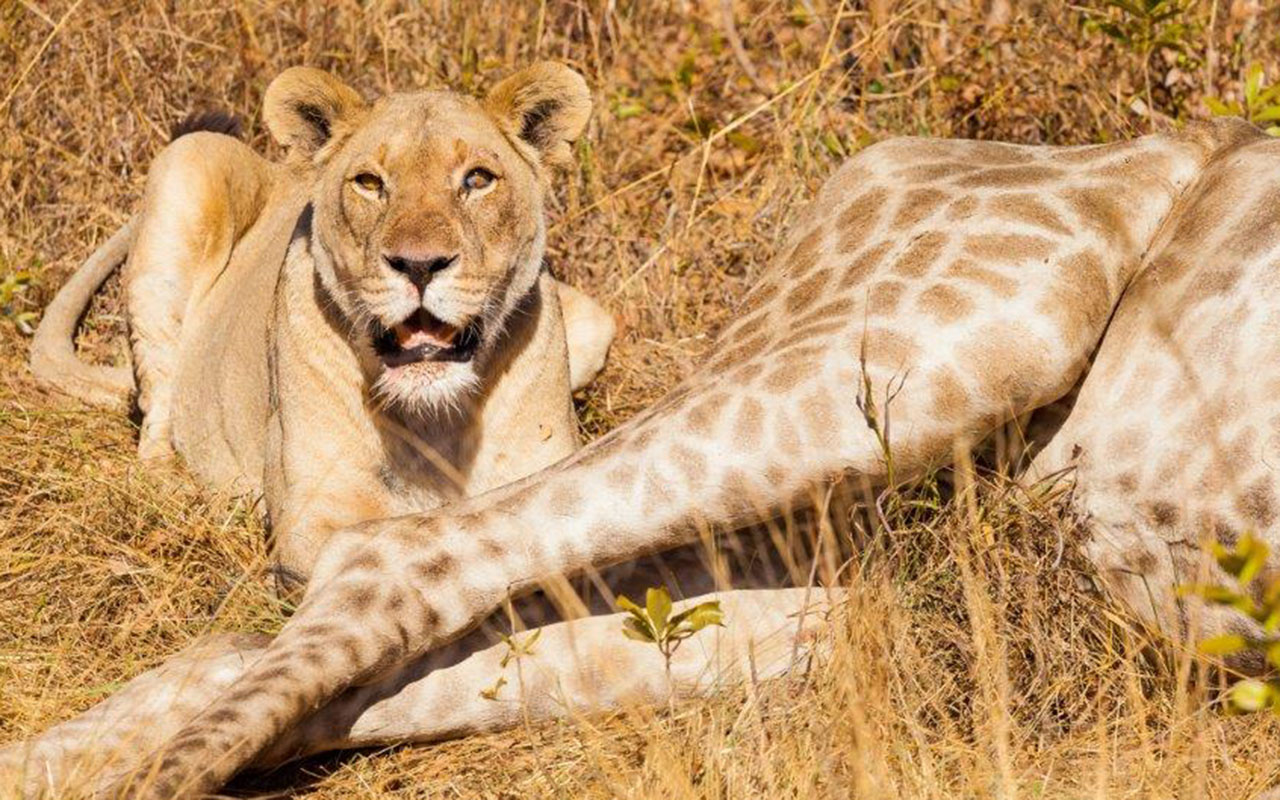Lion
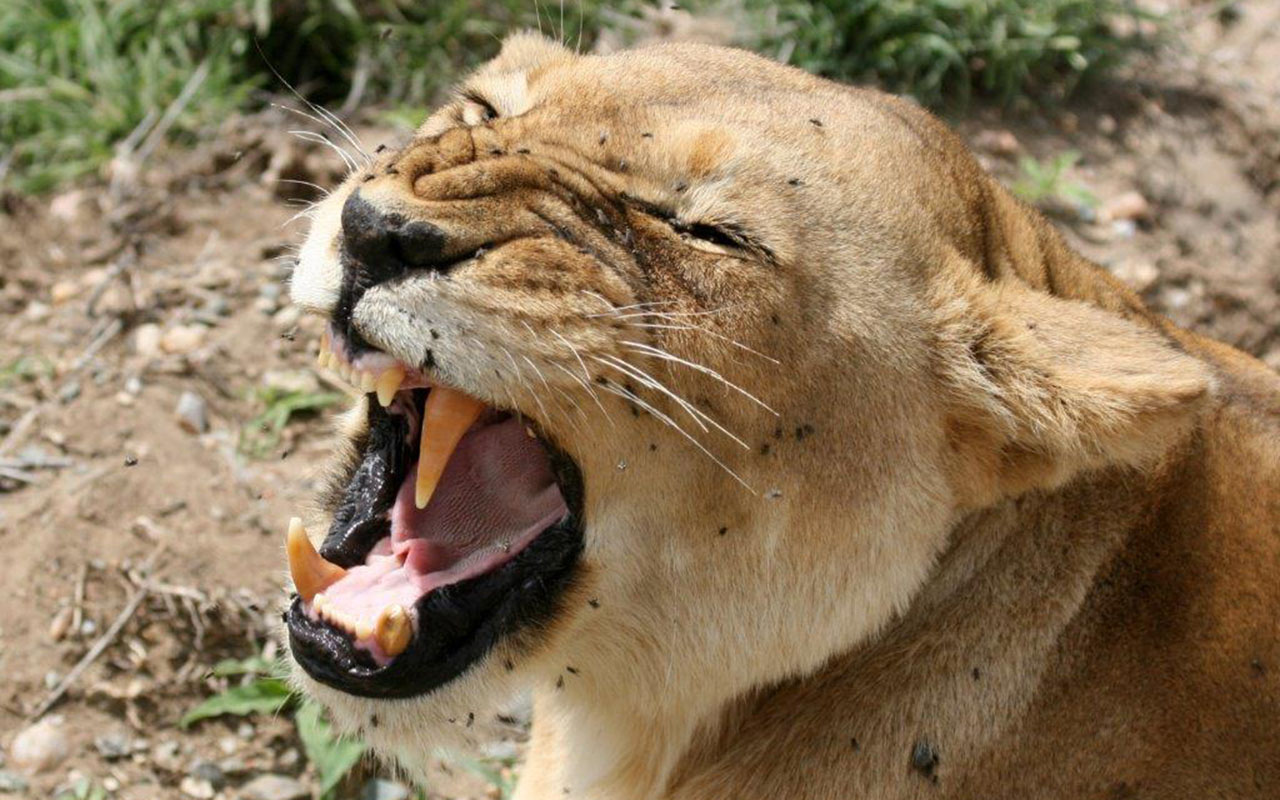
| Kingdom -> | Animalia |
| Phylum -> | Chordata |
| Class -> | Mammalia |
| Order -> | Carnivora |
| Family -> | Felidae |
| Genus -> | Panthera |
| Species -> | P. Leo |
The lion, also known as the "king of the jungle," is one of the most iconic animals in the world. This majestic big cat is known for its incredible strength, impressive roar, and striking appearance. In this article, we will delve into the world of the lion, exploring its physical characteristics, behavior, habitat, and conservation status.
Physical Characteristics
African lions are the second-largest cat species, with males typically weighing between 330 to 550 pounds and females weighing between 265 to 395 pounds. They have a distinctive tawny-colored coat, which is covered in spots when they are young but fades as they grow older. Male lions have a distinctive mane of hair around their neck, which can range in color from blonde to black. The mane serves as a way to attract females and also offers some protection during fights with other males. Lions have powerful jaws and sharp teeth, which they use to hunt and kill prey. They also have a powerful roar, which can be heard up to five miles away.
Behavior
Lions are social animals and live in groups called prides, which can range from 3 to 30 lions. Prides are typically made up of related females, their cubs, and a few males. Females are the primary hunters and do most of the hunting for the pride, working together to take down larger prey. Male lions help protect the pride from potential threats and are responsible for defending the pride's territory from rival males. Lions are primarily nocturnal hunters, with most of their hunting activity taking place at night.
Habitat
African lions are found in sub-Saharan Africa, with the largest populations found in Tanzania, Kenya, and South Africa. They are found in a range of habitats, including grasslands, savannas, and scrublands. Lions are not found in dense forests or deserts.
Conservation Status
African lions are listed as a vulnerable species by the International Union for Conservation of Nature (IUCN) due to habitat loss, poaching, and conflicts with humans. Lions face a number of threats, including the loss of their natural habitat due to human encroachment, poaching for their body parts, and conflicts with local communities. In addition, the lion population has declined by 43% over the past two decades, with an estimated 20,000 lions left in the wild. Efforts are being made to protect lion populations, including anti-poaching patrols, monitoring of their movements and behavior, and education programs to reduce conflicts between lions and humans.
Conclusion
The lion is a majestic and iconic animal, known for its impressive physical characteristics and powerful roar. Lions are social animals that live in prides, with females doing most of the hunting and males protecting the pride's territory. African lions are found in sub-Saharan Africa and face a number of threats, including habitat loss, poaching, and conflicts with humans. Conservation efforts are being made to protect the lion population, but much more needs to be done to ensure their continued survival in the wild.
Frequently Asked Questions about the Lion
How long do African Lions sleep on average?
What is the distribution of lions in the Kruger Park?
How large is the average lion pride?
Were lions ever found on continents other than Africa?
When is the best time for spotting lion?
Do lions move around during the day?
Do lions hide during rainy weather?
Which habitat to lions prefer?
What are the preferred prey species of lion?
Do lions kill only when they are hungry?
Do lions eat carrion?
Do lions scavenge?
How much meat can a lion consume during one meal?
What are the biggest animals attacked by lion?
Do lions attack elephants?
Are lions sometimes injured by their prey?
How do lions kill their prey?
Do lions kill their prey quickly?
Do the female lions do most of the hunting?
Do lions use specific strategy when they hunt?
Do lions often become man eaters?
What causes a lion to become a man eater?
Could vultures lead lions to a dead animal?
Are lions cannibalistic?
Why to male lions kill cubs that are not their own?
Do all male lions possess a mane?
Why do some males have black manes?
What speed can a lion reach when charging?
Can lions climb trees?
Are the senses of a lion well developed?
Can the female lion roar?
How far can the roar of a lion be heard?
What is the purpose of roaring and when do lions roar?
Do lions communicate well?
Is there a way that one lion or lioness could avoid aggression from another?
Can lions swim?
Are lions territorial?
Do the home ranges of lions overlap?
Do lions have a social hierarchy?
Are young adults expelled from the pride?
When do young lions become independent?
Does a pride of lions accept a stranger?
Do males often fight over females or in territorial disputes?
Are male lions more aggressive than females?
Do female lions secure food for their cubs?
What are lions breeding habits?
How often do female lions produce cubs?
What is the size of the average lion litter?
At what age are lions sexually mature?
What is the normal life span of a lion?
Is lion cub mortality high?
Will a lioness allow cubs other than her own to suckle?
Is it true that lions usually mate over a two to three day period?
Does the male or the female lion initiate copulation?
Do lions have enemies?
What are the normal causes of death in lions?
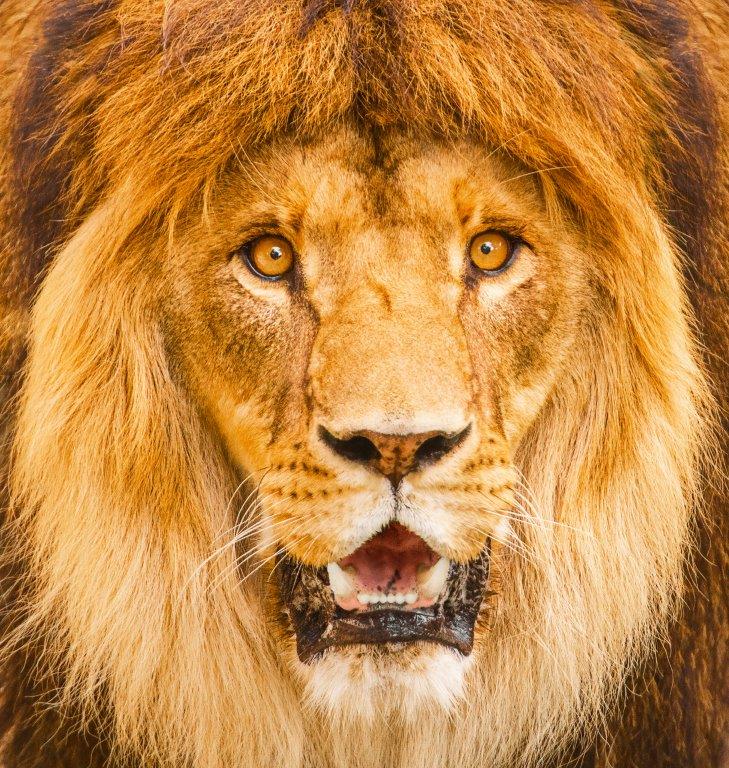
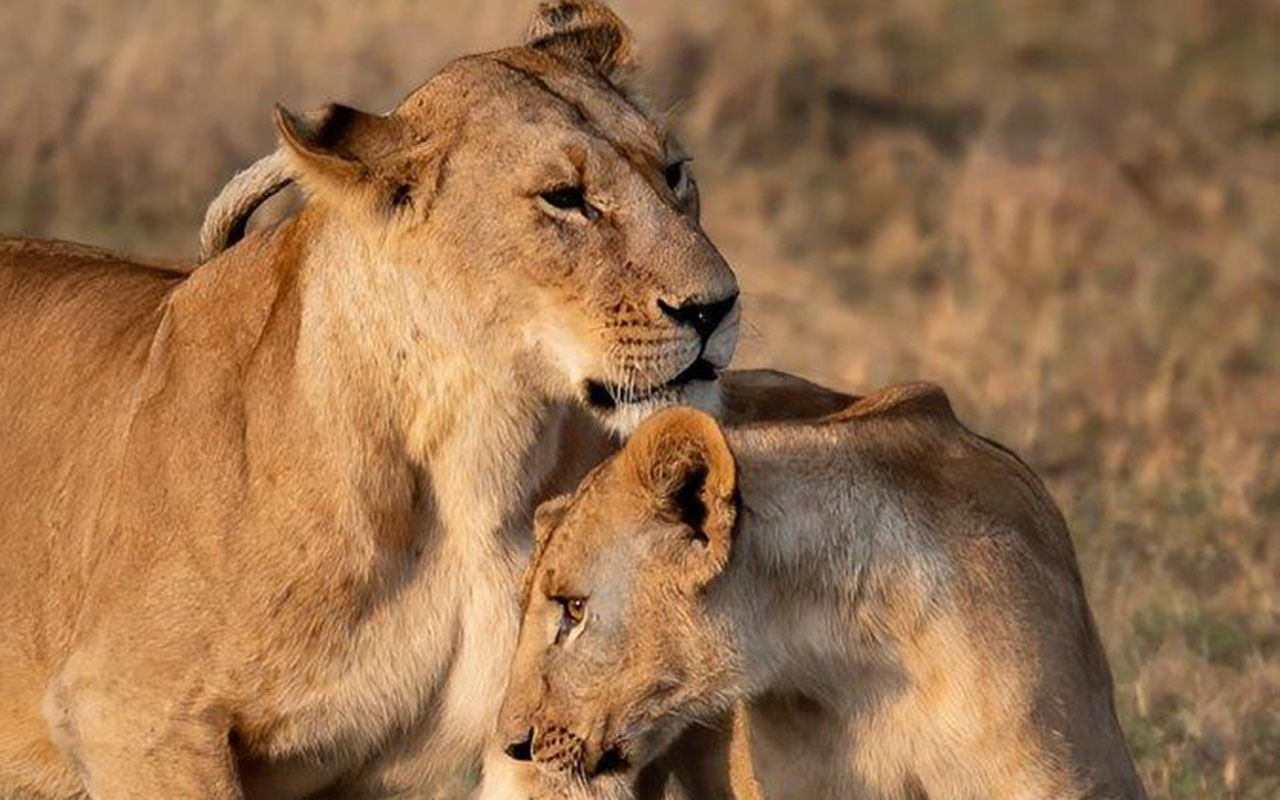
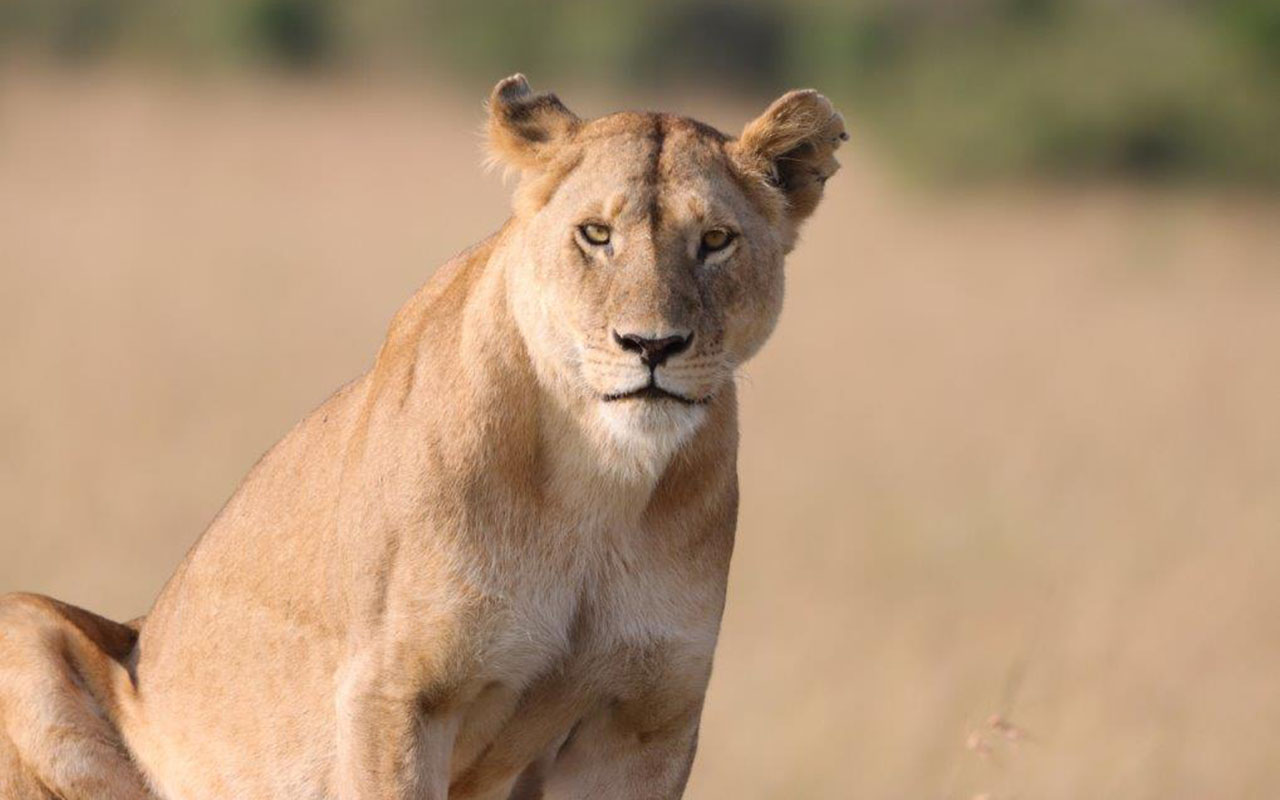
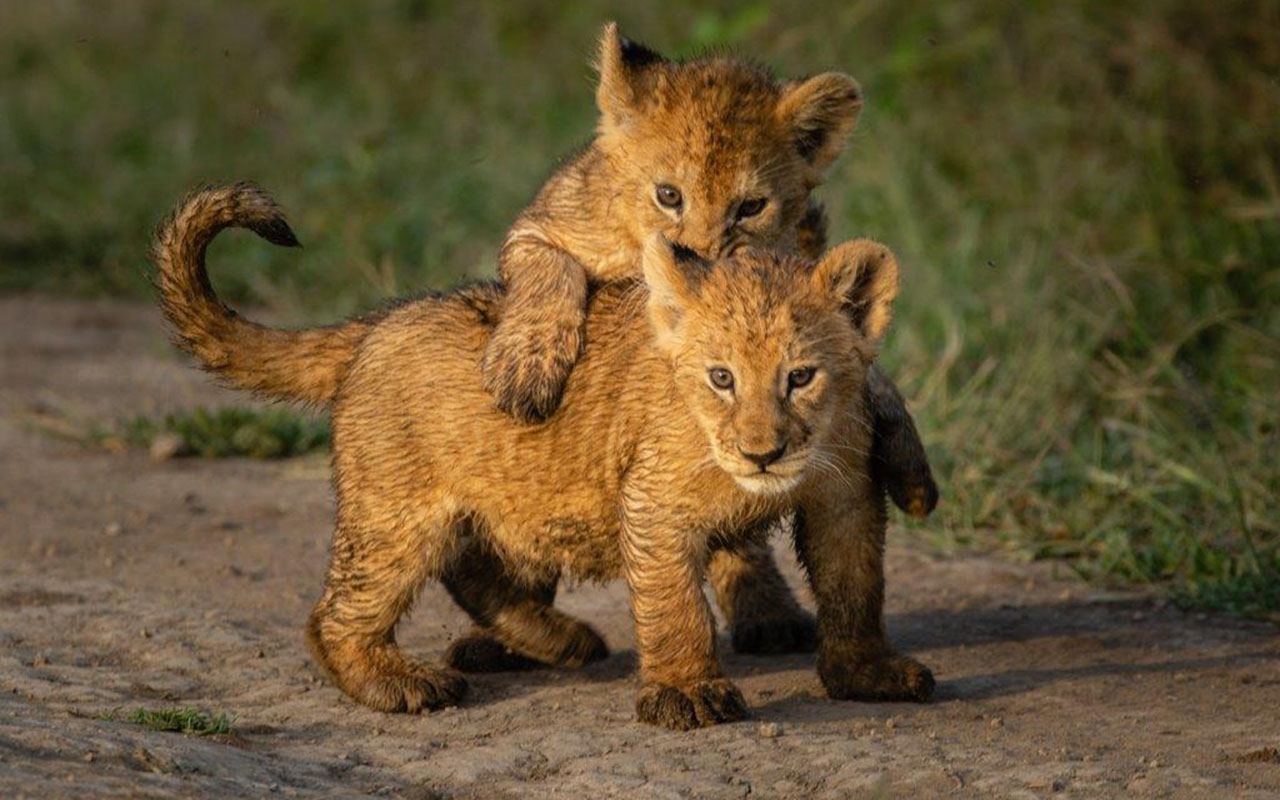
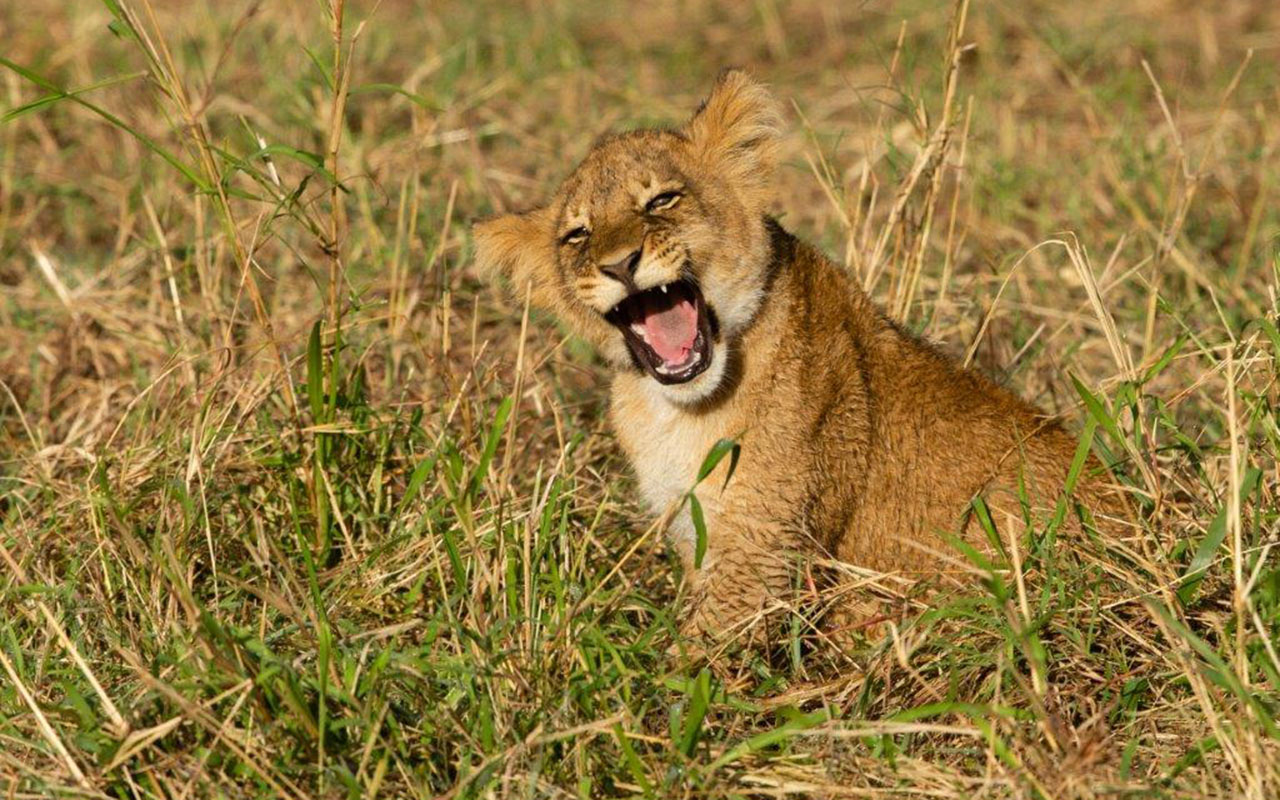
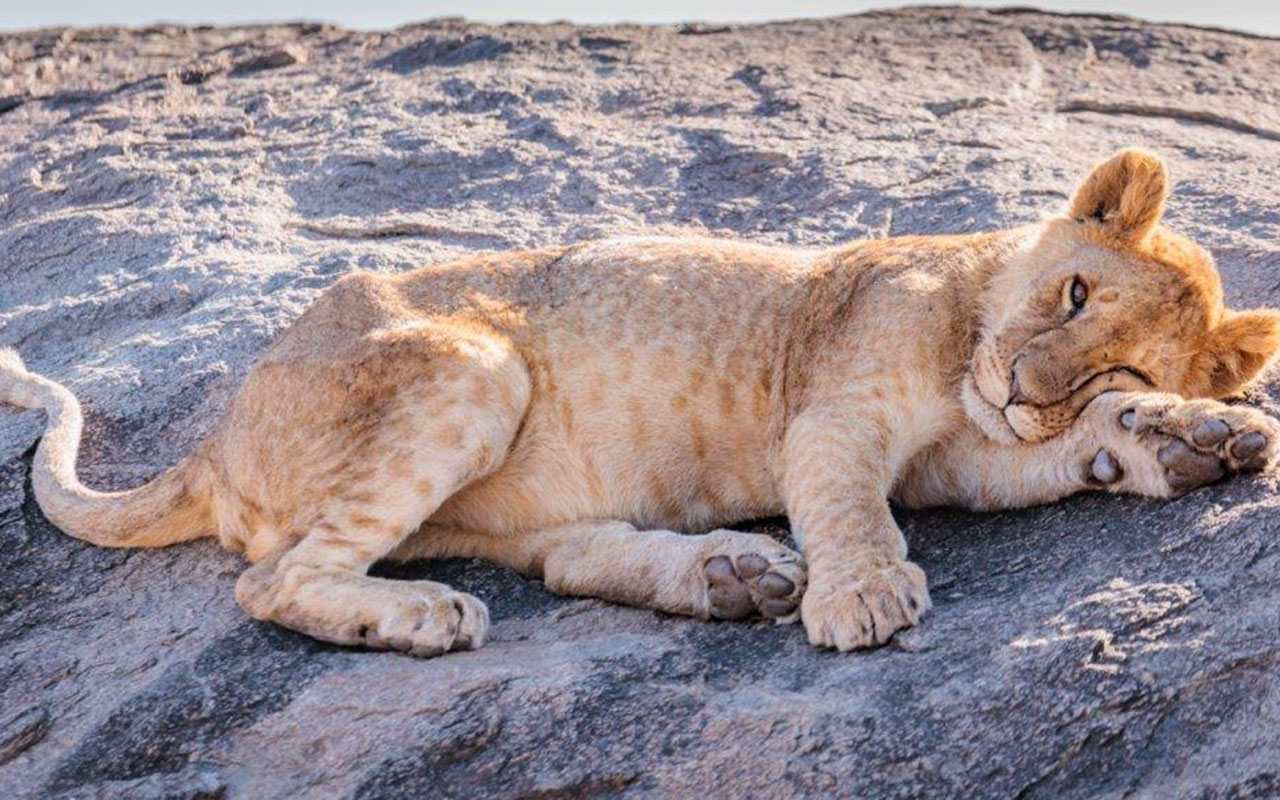
.jpg)
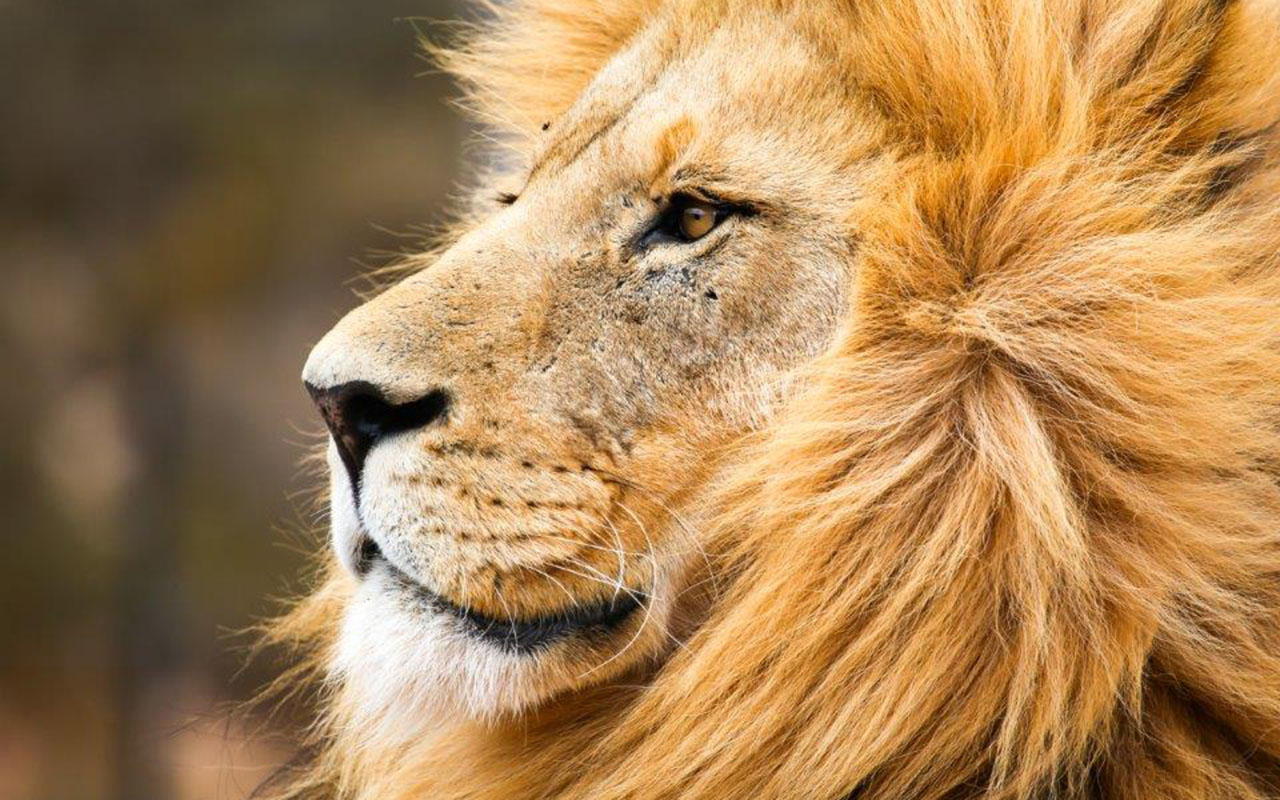
.jpg)
.jpg)
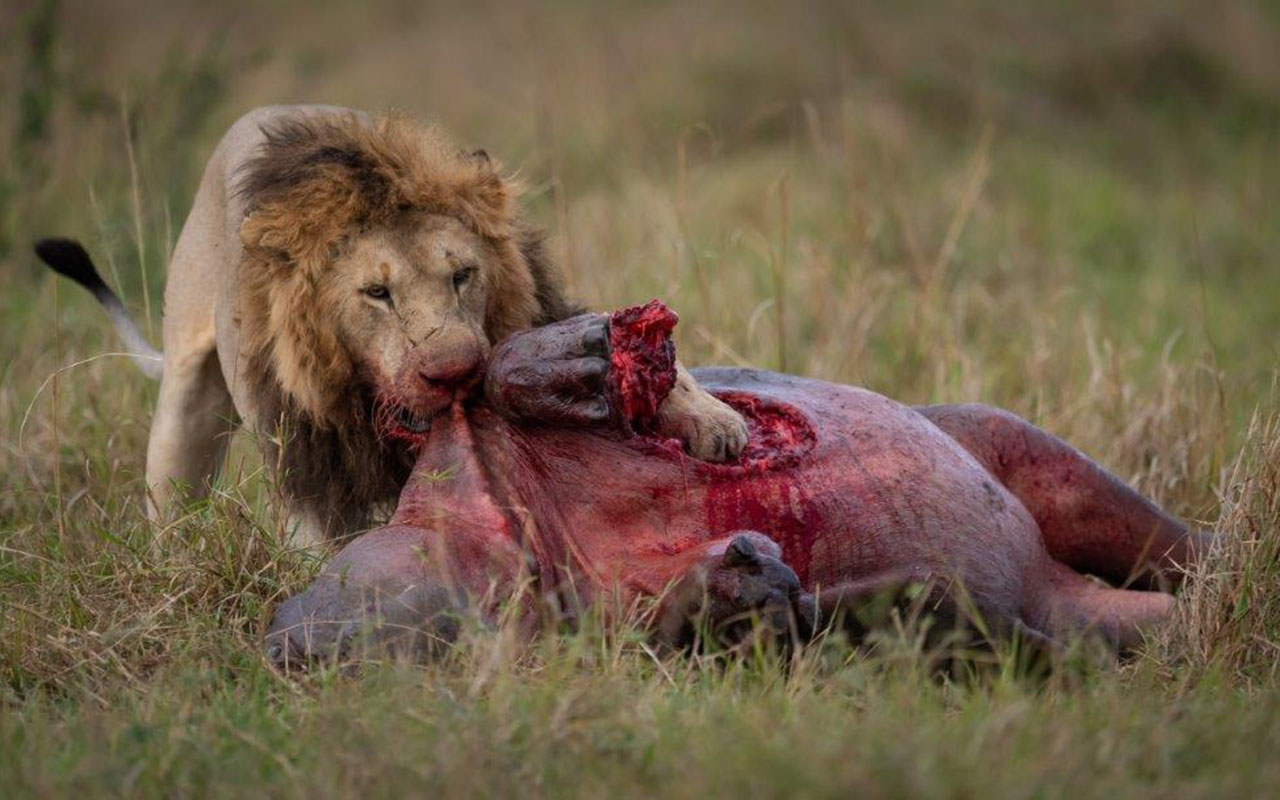
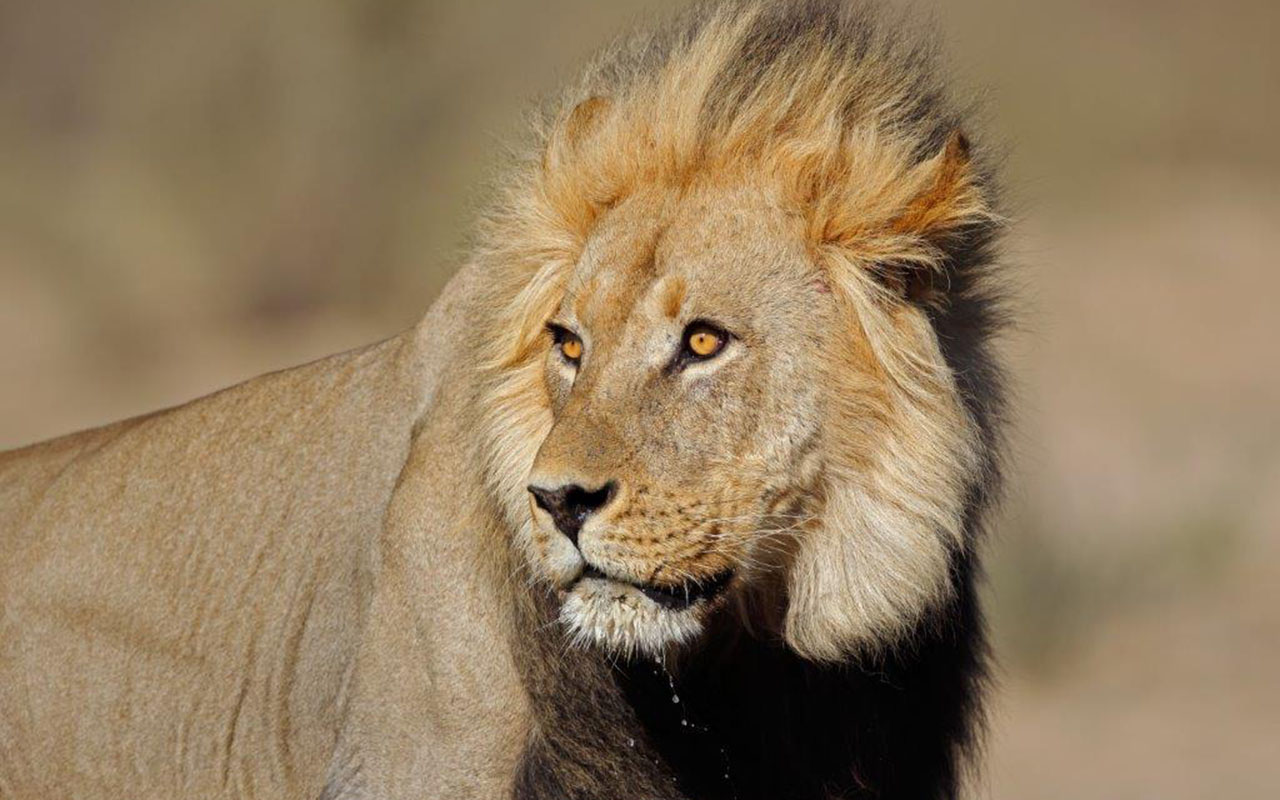
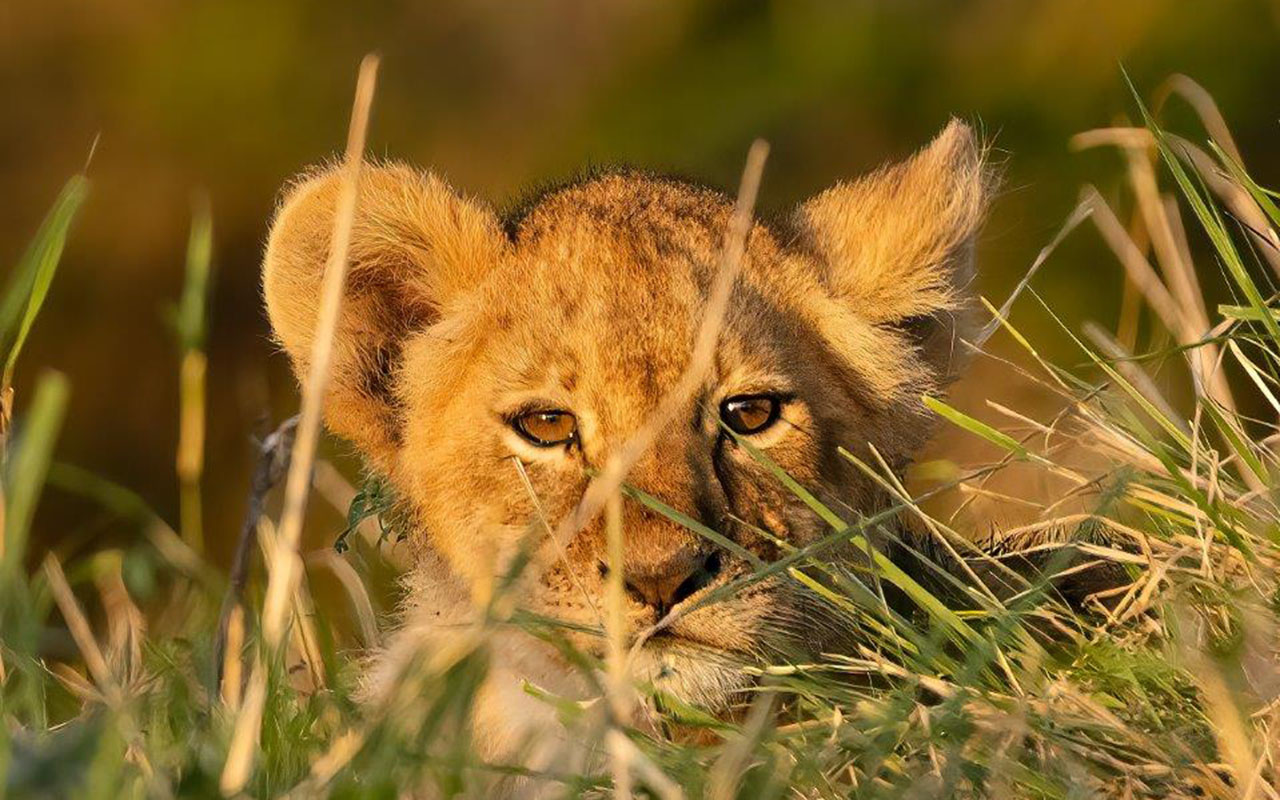
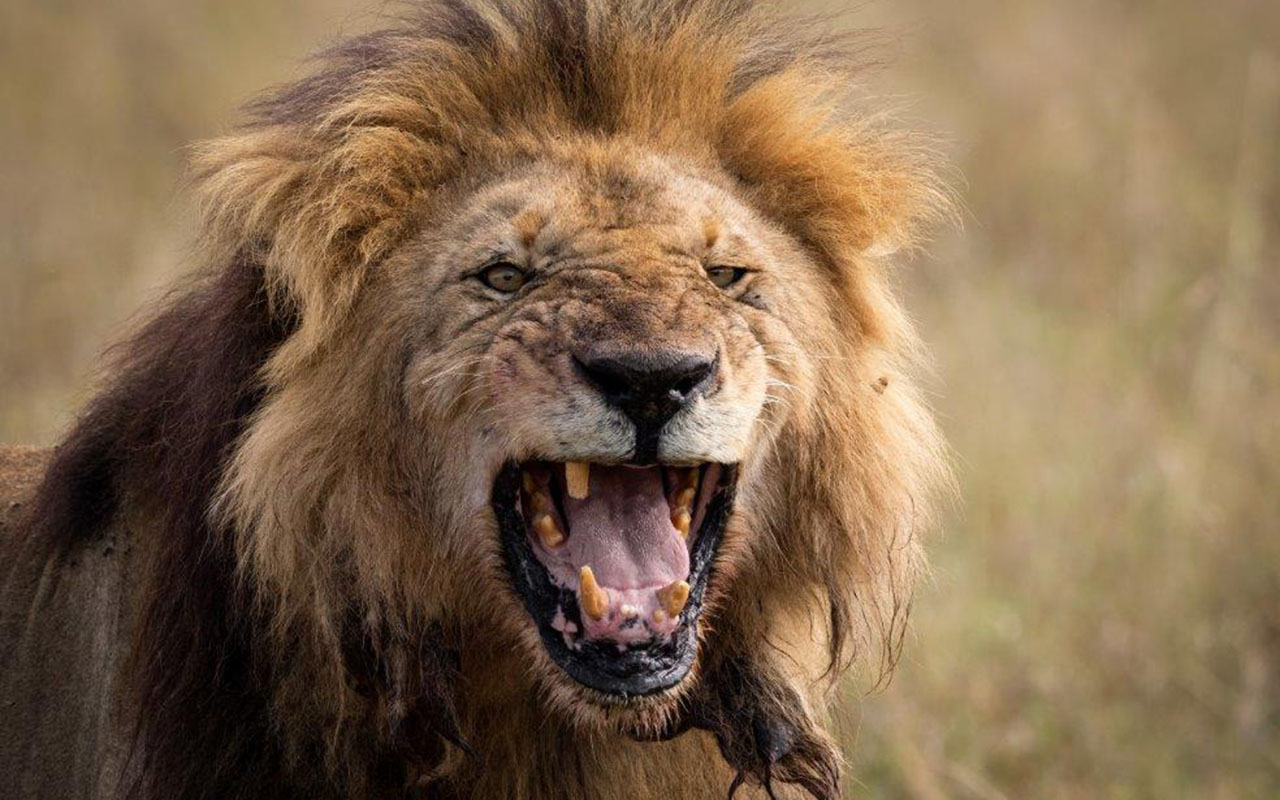
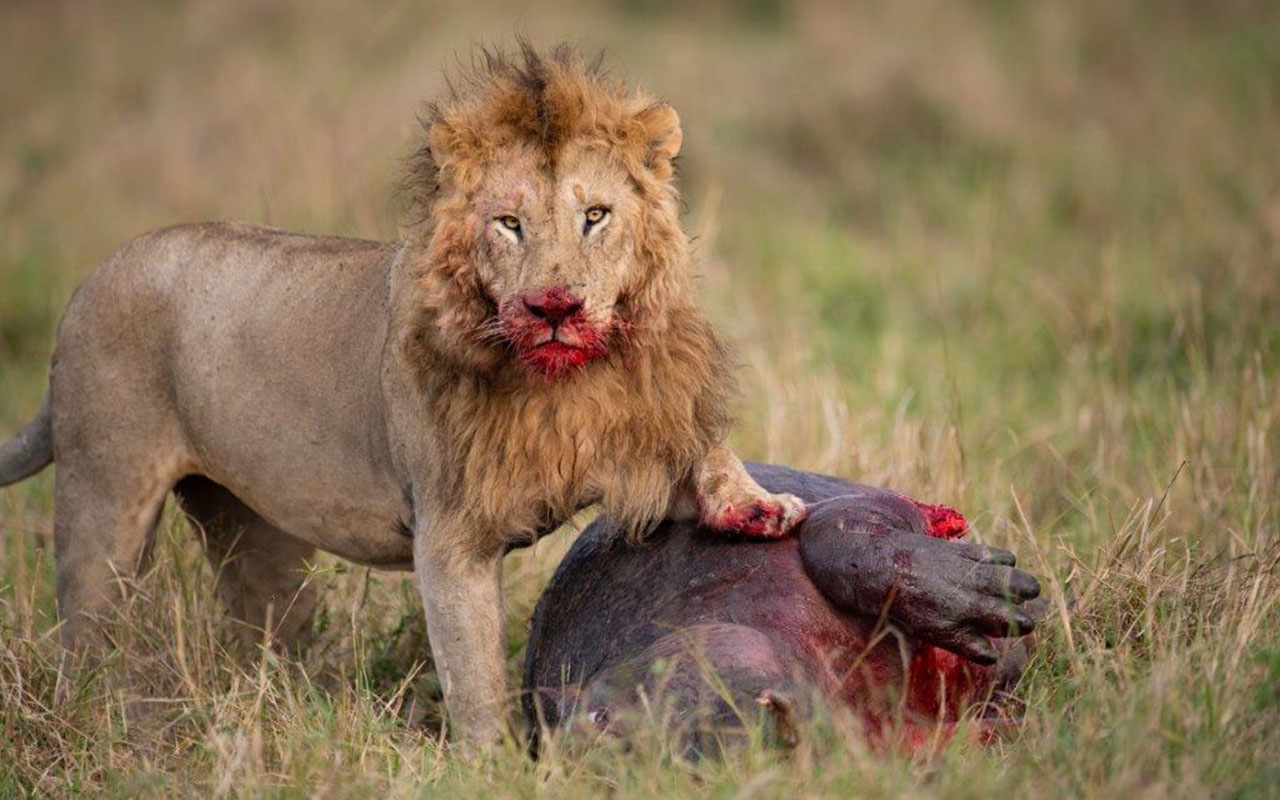
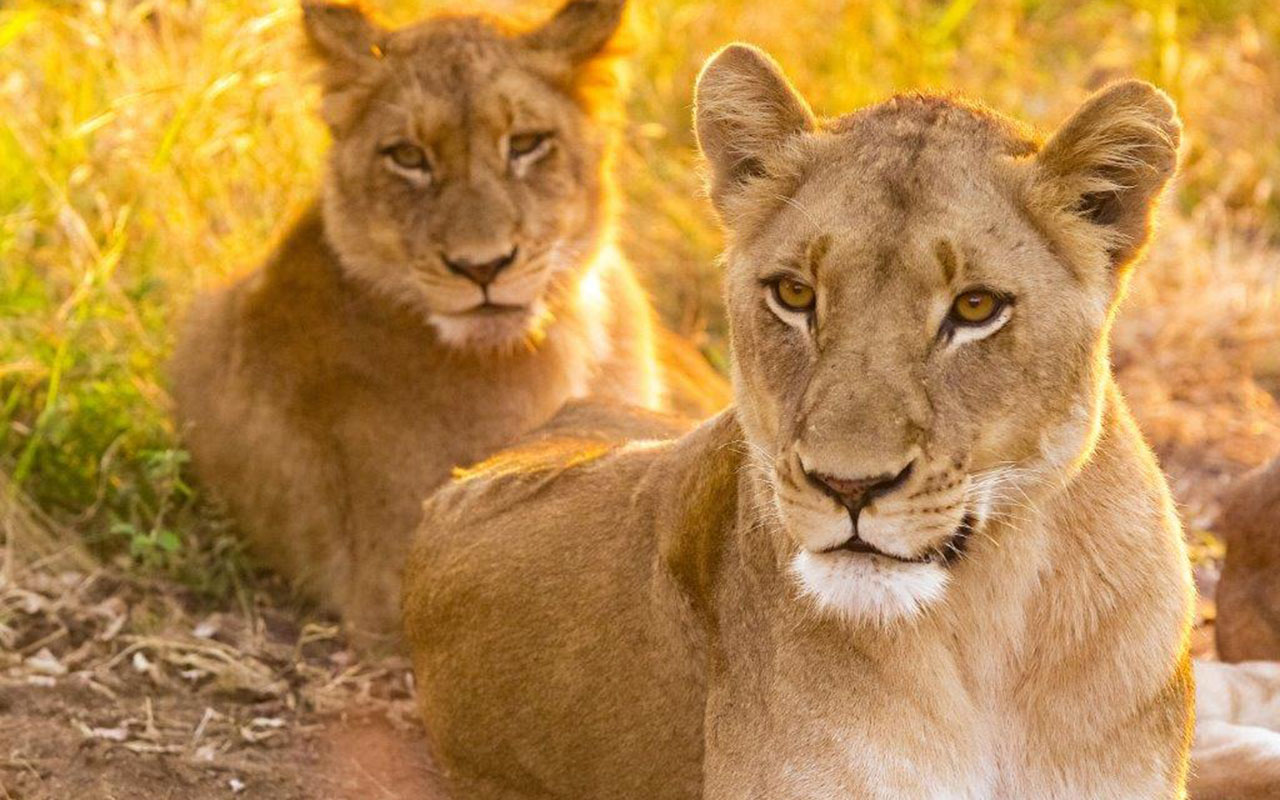
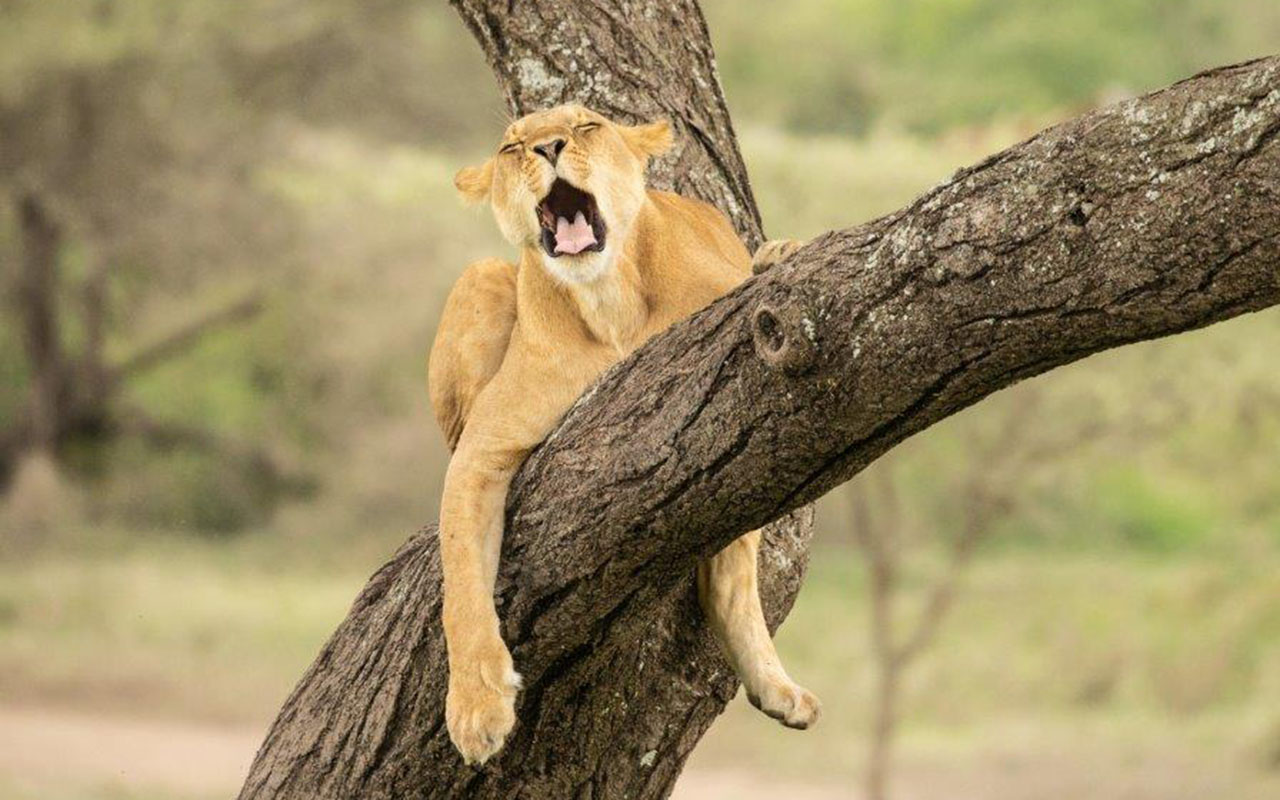
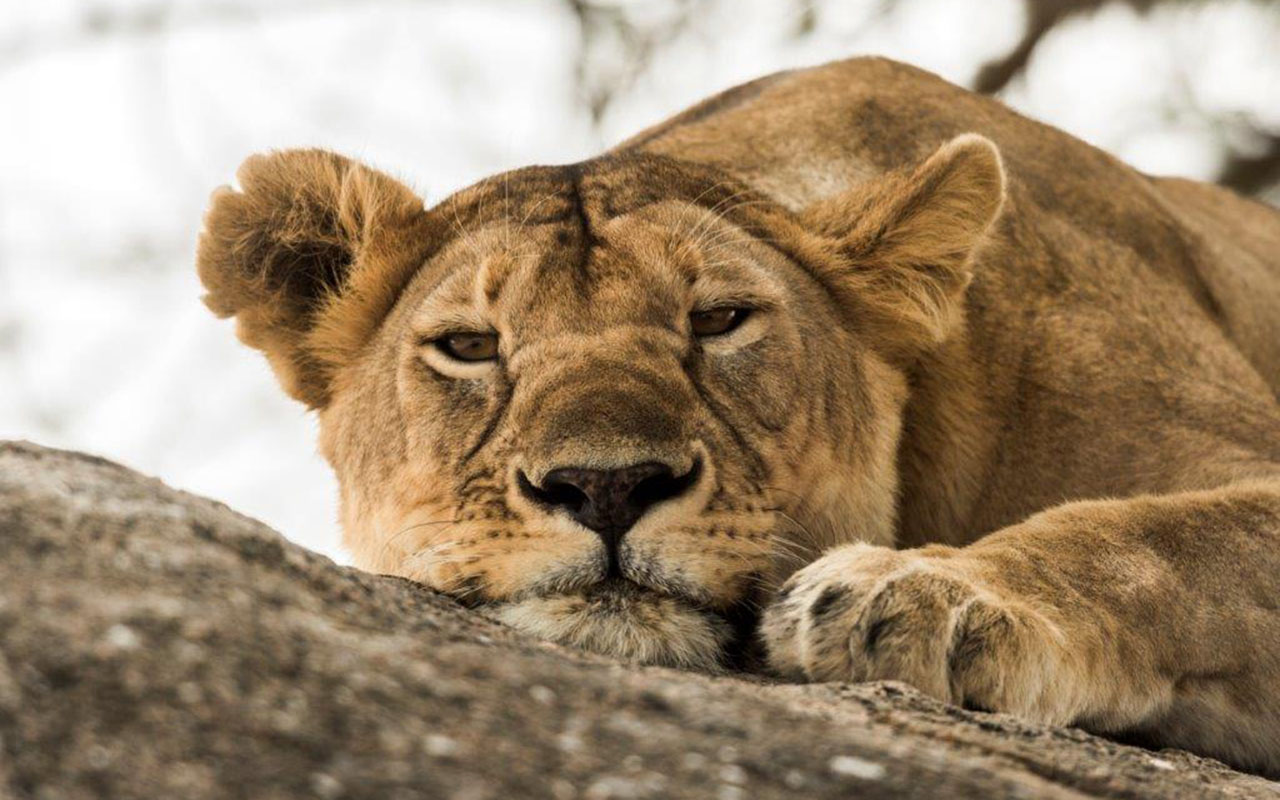
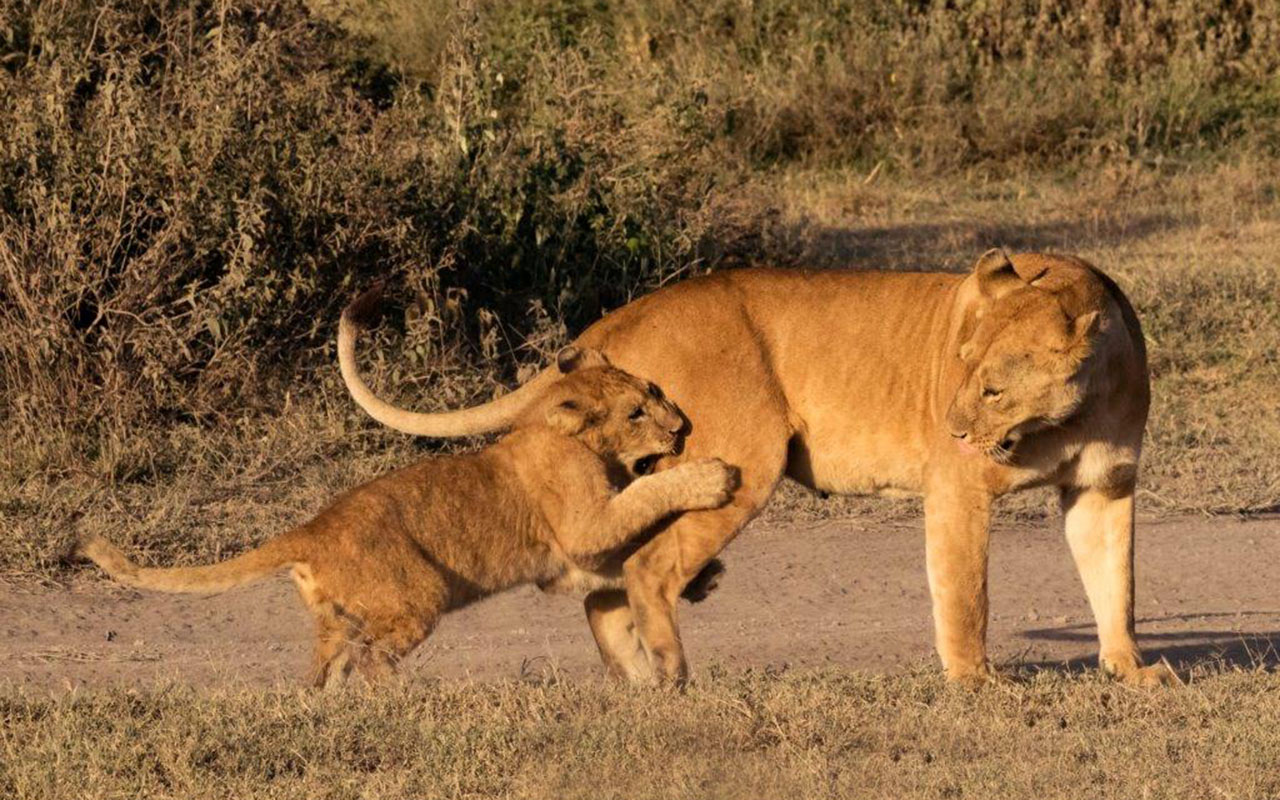
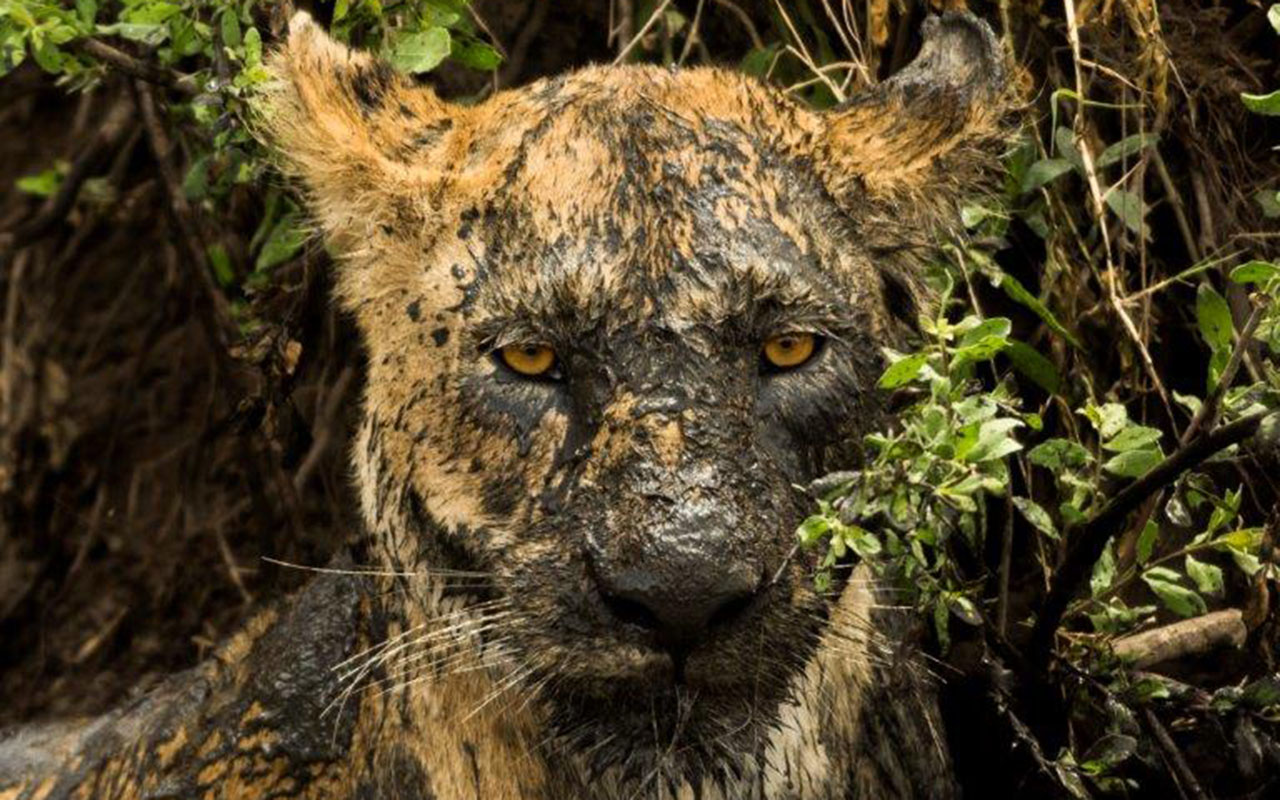
.jpg)
.jpg)
